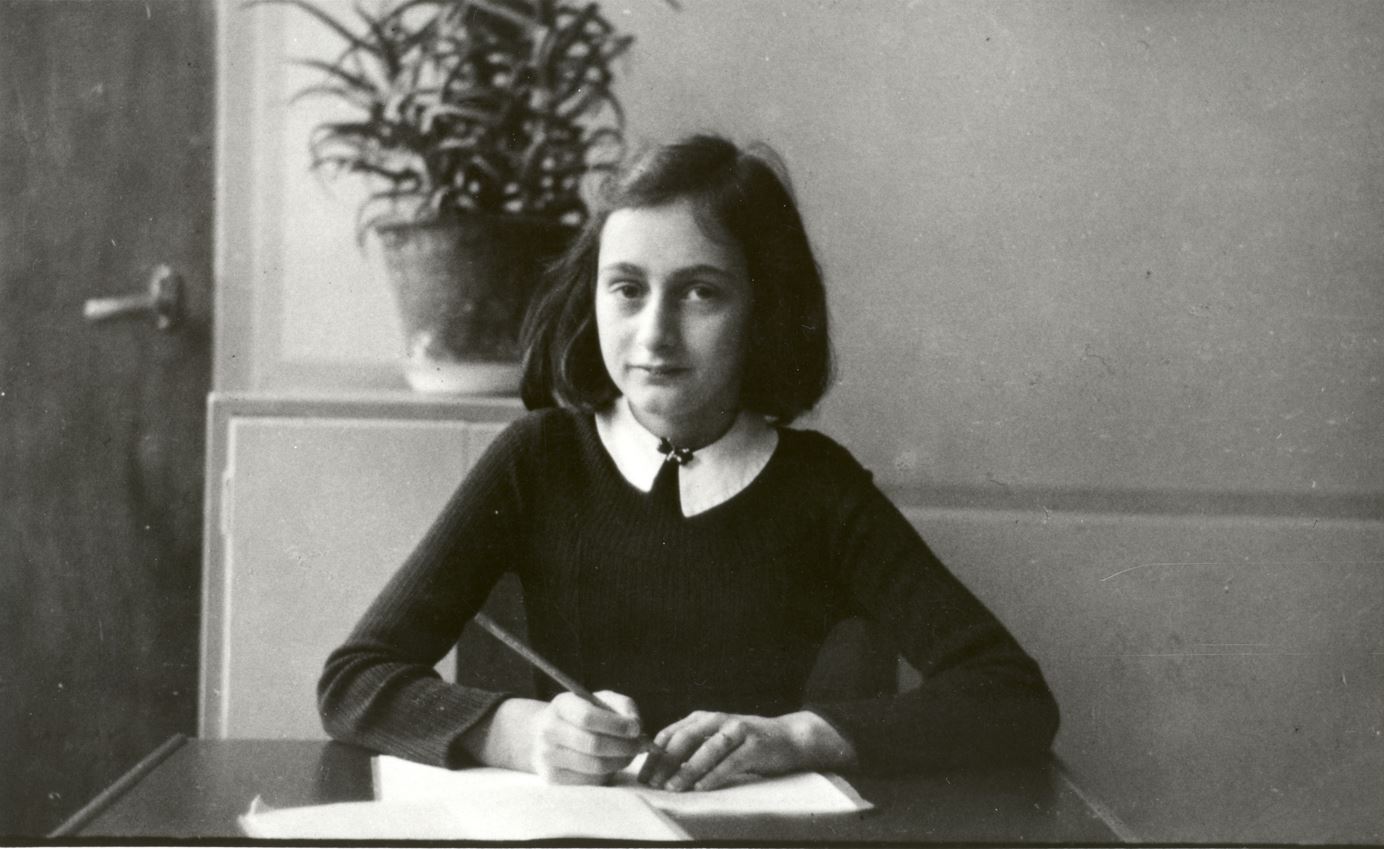This Week’s Guest: Dara Horn
The celebrated novelist Dara Horn’s new book People Love Dead Jews has an arresting title, one designed to make the reader feel uncomfortable. That’s because Horn makes an argument that tries to change the way people think about the function of Jews in the conscience of the West.
In the book, and in this podcast conversation with Mosaic editor Jonathan Silver, Horn suggests that Jewish communities, figures, and abstract symbols of “the Jews” have come to serve a moral role in the Western imagination that, when one takes a step back, is bizarre and grotesque.
It’s easy to acknowledge the darkness of the Holocaust and to marvel at the optimism of Anne Frank, but Horn detects in that acknowledgement something insidious that hasn’t yet been fully revealed or explained.
Musical selections in this podcast are drawn from the Quintet for Clarinet and Strings, op. 31a, composed by Paul Ben-Haim and performed by the ARC Ensemble.
Excerpt (33:00-33:43):
I used to always ask people at my public talks, how many people here can name four concentration camps? My next question was, how many of those same people can name four Yiddish writers? Eighty-five percent of the people murdered in the Holocaust were Yiddish speakers—this is a famously literary culture. And then I ask this question, why do we care so much about the details of how these people died, when we don’t care about the details of how these people lived? I now look at that and feel like I was kind of naïve because I did not, at that time, fully appreciate the role that dead Jews played in this unarticulated, non-Jewish civilization.
More about: Anti-Semitism, Holocaust, Jewish identity, Judaism, Politics & Current Affairs







